I have always described myself as a compassionate person. When I see someone hurting, it feels natural to find ways I can help them. I think for many of us we have an instinct to care for our neighbors and our community. I’m sure you can think of several times you’ve helped a friend in need or donated money or energy to a cause or person you felt passionate about.
Do you feel that you give yourself that same love and kindness?
Do you give yourself self compassion?
Ask yourself: When was the last time that I truly supported myself in the same way that I would another?
I have quotes all around me, in various areas, whether they’re post-its around my office, in my Notes app, saved as a draft in my emails, I have little reminders of ways of thinking, everywhere I turn. One of the quotes I have written down is:
You have to care about yourself before you can really care about other people. If you are continually judging and criticizing yourself while trying to be kind to others, you are drawing artificial boundaries and distinctions that only lead to feelings of separation and isolation. – Dr. Kristin Neff
I believe we are all interconnected as one in some way, yet when we don’t show ourselves self-compassion we are separating ourselves from others in our community. That some how we do not deserve the same kindness and same treatment as we give to them.
Dr. Kristin Neff studies self-compassion work and she has broken down self-compassion into three elements.
I share this because I believe knowing even the foundation of what self-compassion is rooted in can help bring grounding to you any time you feel you need less judgement toward yourself and more healing.
Self-kindness vs Self-judgement
Self-kindness is more than saying ‘be kind to yourself’ or like the graphic says ‘give yourself love’. Self-kindness is an active word, much like what self-compassion is. I can recall many times where I’ve talked to friends who have gone through difficult times and I make sure to hold space, make time, remove all judgement, and listen intently to what their needs are. I ask, ‘how can I support you?’ This type of active listening to others should be applied to ourselves. Unlearning a lifetime of self-judgement requires tenderness, time, and space.
Rather than fighting off self-judgement and beating yourself up (another favorite quote is ‘You don’t want to beat yourself up for being yourself up in the vain hope that it will somehow make you stop beating yourself up’) meet those thoughts with acceptance. Understanding that you can meet yourself where you are with sympathy and care.
Common humanity vs. Isolation
How many times have you thought to yourself, ‘No one else understands!’? It can feel quite lonely and isolating.
The beauty of the human experience though is that the feelings of not being understood, feelings of frustration, feelings of anger, feelings of not belonging are universal. To be human, means you suffer. We are imperfect and we are vulnerable. Through vulnerability and letting go we can recognize that this is not a “me” experience, it is an “us” one.
Mindfulness vs. Over-identification
When we place self-harming thoughts onto ourselves, it can be easier to believe that we are our thoughts. Rather than understanding that our thoughts are fleeting. They are moments in time where we feel one way or another, neither good nor bad; just that they are.
The very essence of mindfulness is non-judgement. We simply observe what is. If we ignore our thoughts or place judgement on them, how can we bring compassion to ourselves?
Remember we are all human and experience the same feelings and thoughts, just in different context at different times in our own journeys.
As a practice, for one week, try writing down in a notebook all the times you are harsh toward yourself, or any difficult experience that caused you pain.
At the end of the week, take a look at each of these instances and then begin to identify and relate any of the three elements of self-compassion to them. Write down:
- How can you bring awareness to the painful emotions that arose in that difficult experience? What did you feel?
- How was this experience a part of being human?
- What are kind and understanding words you can tell yourself in this situation? Can you insert these same words and tone the next time you are in a similar situation?
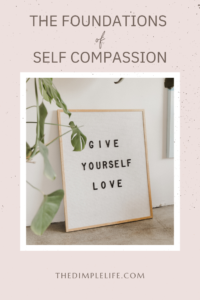
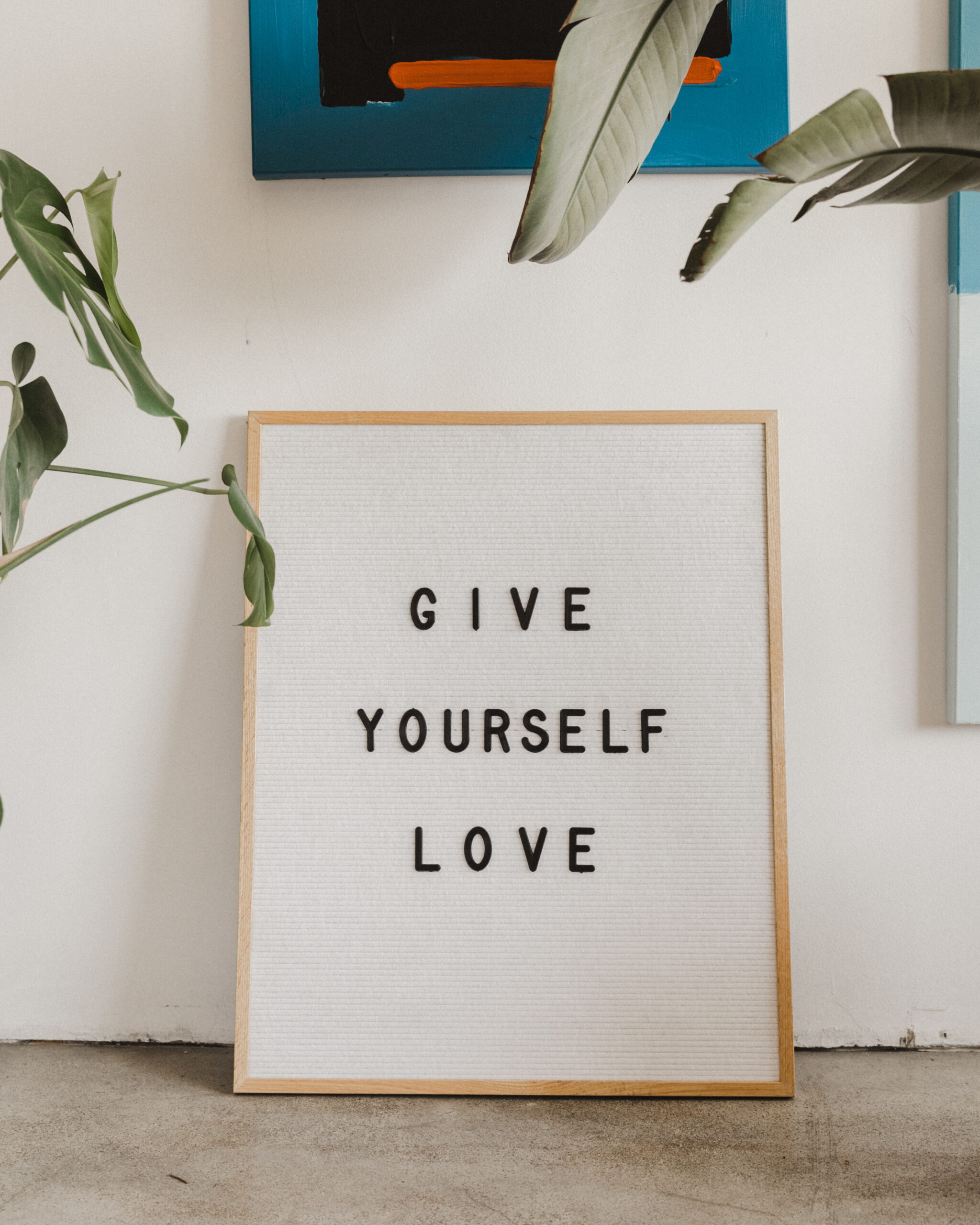
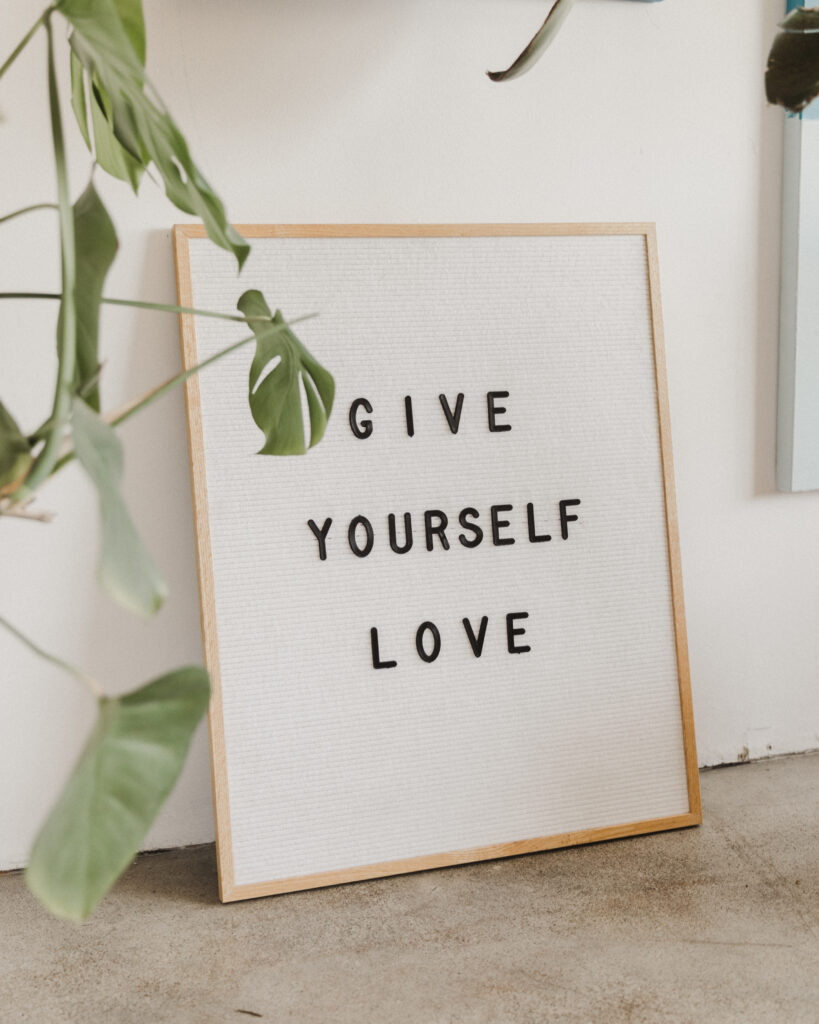
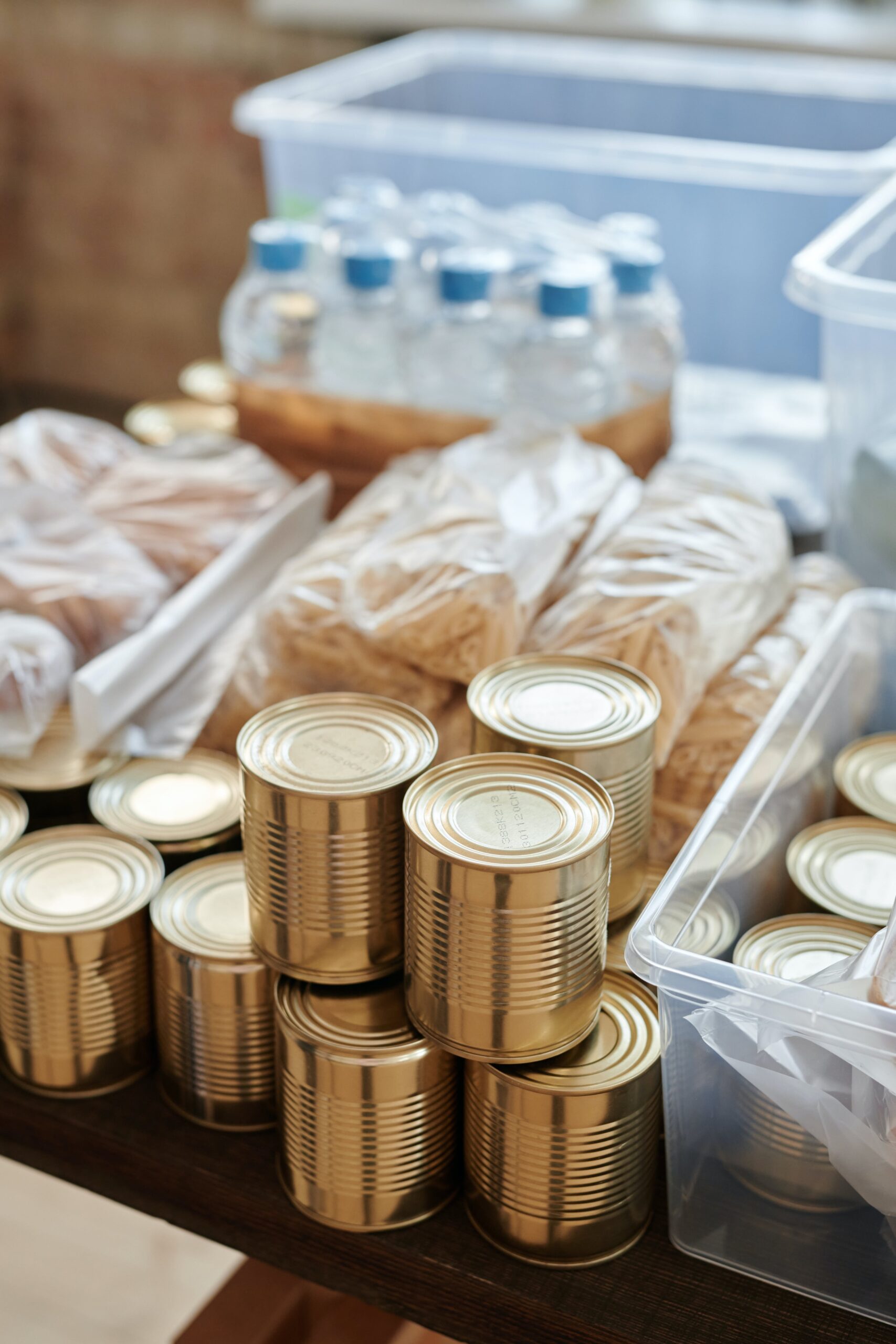

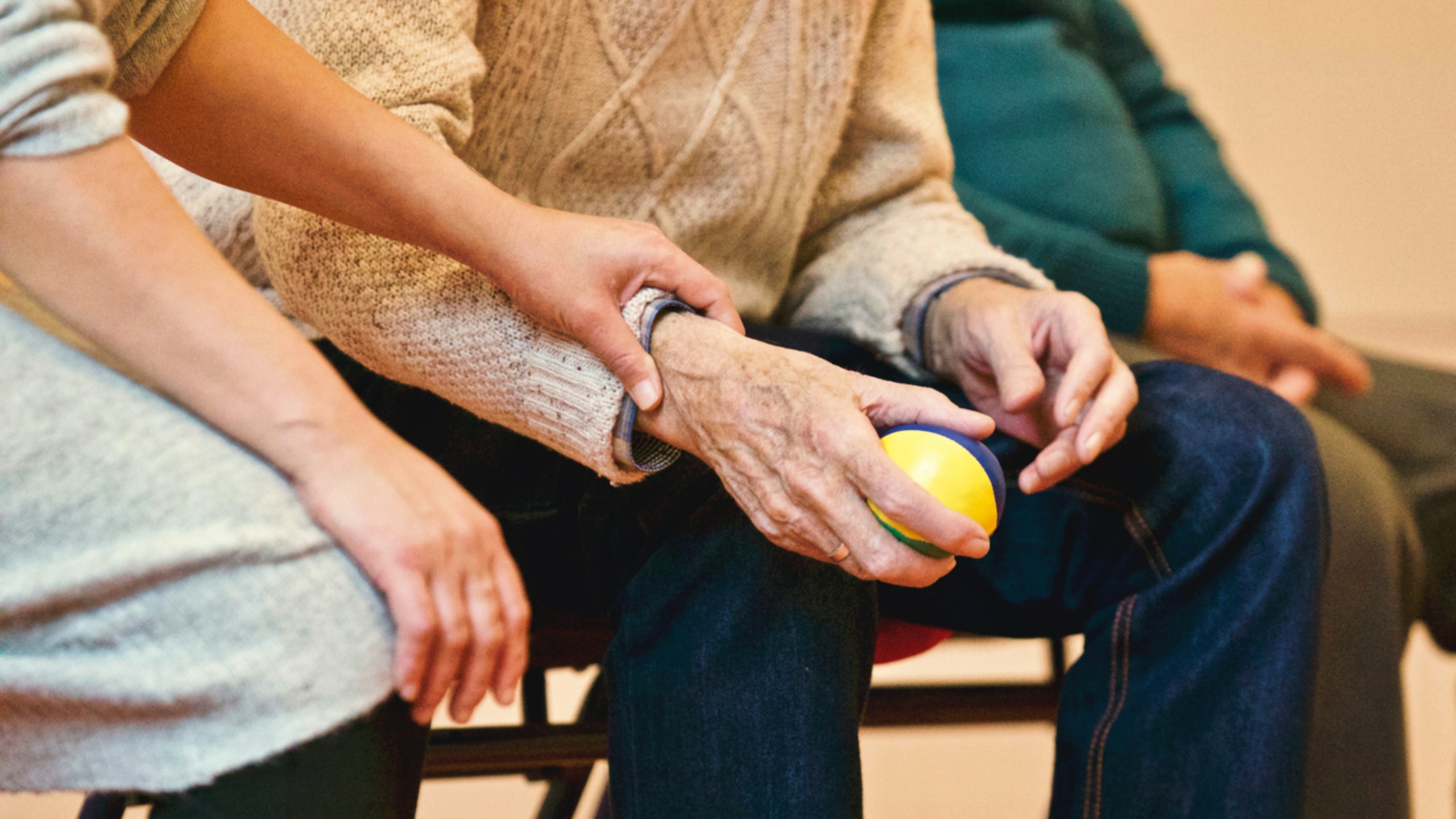






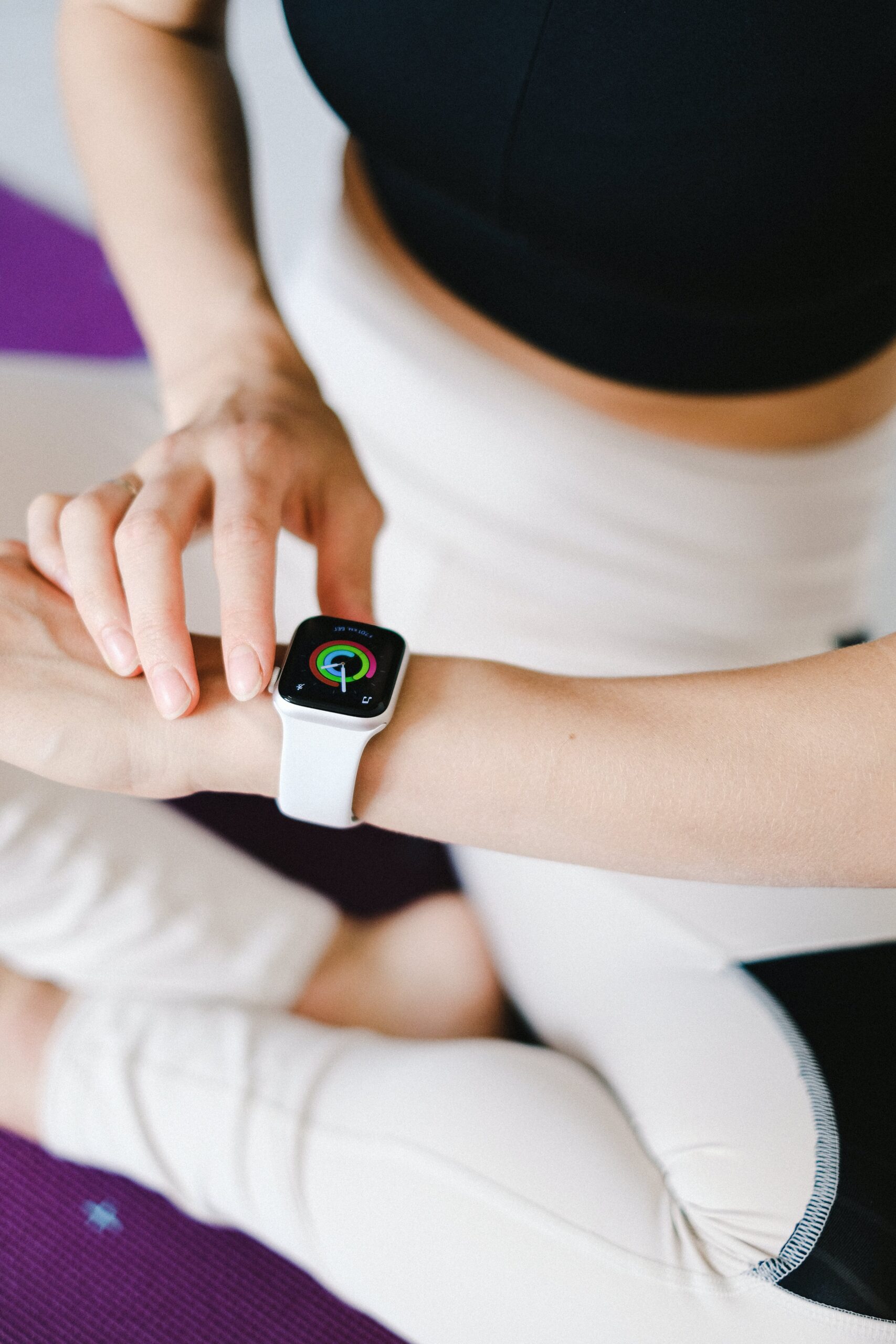


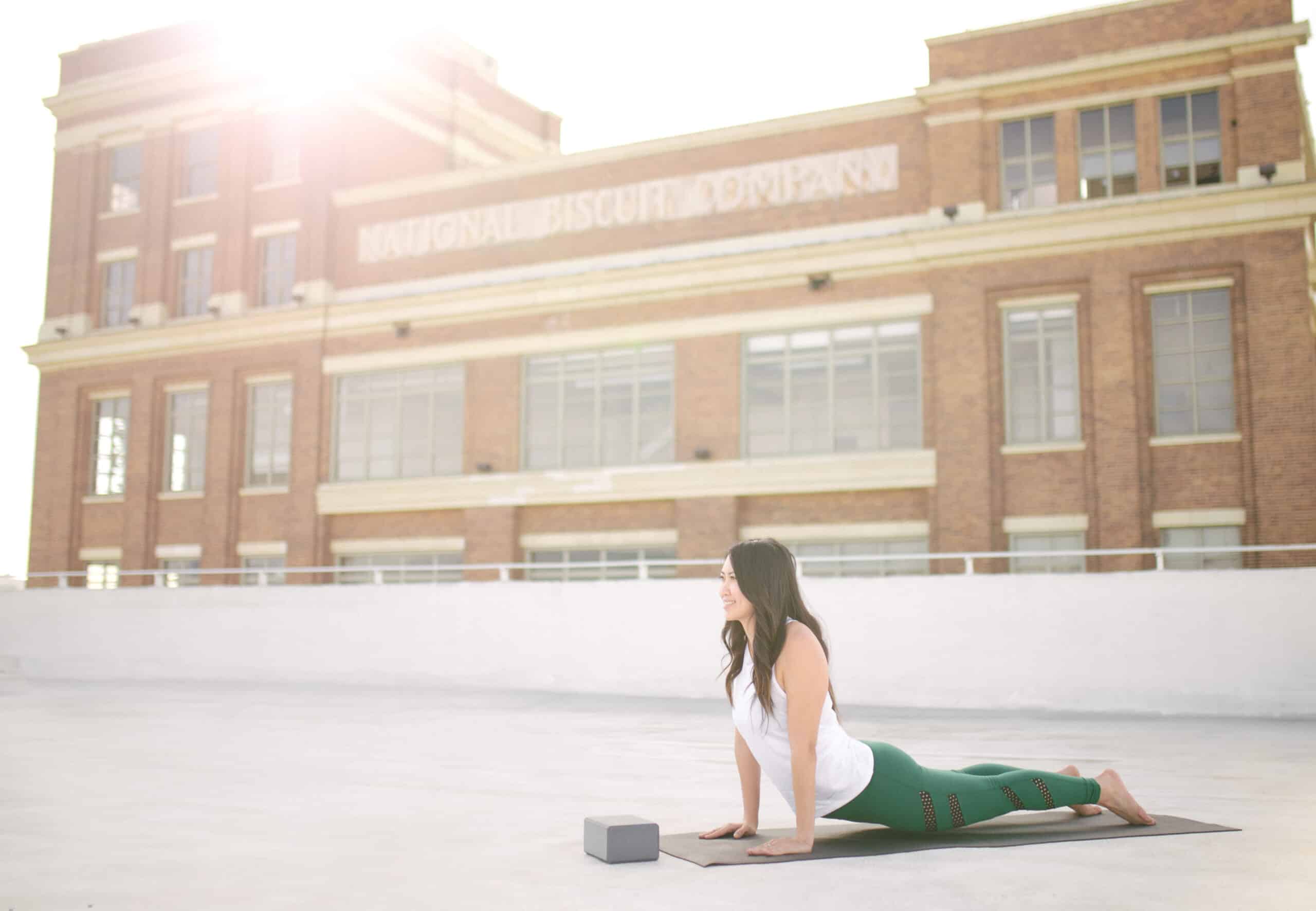



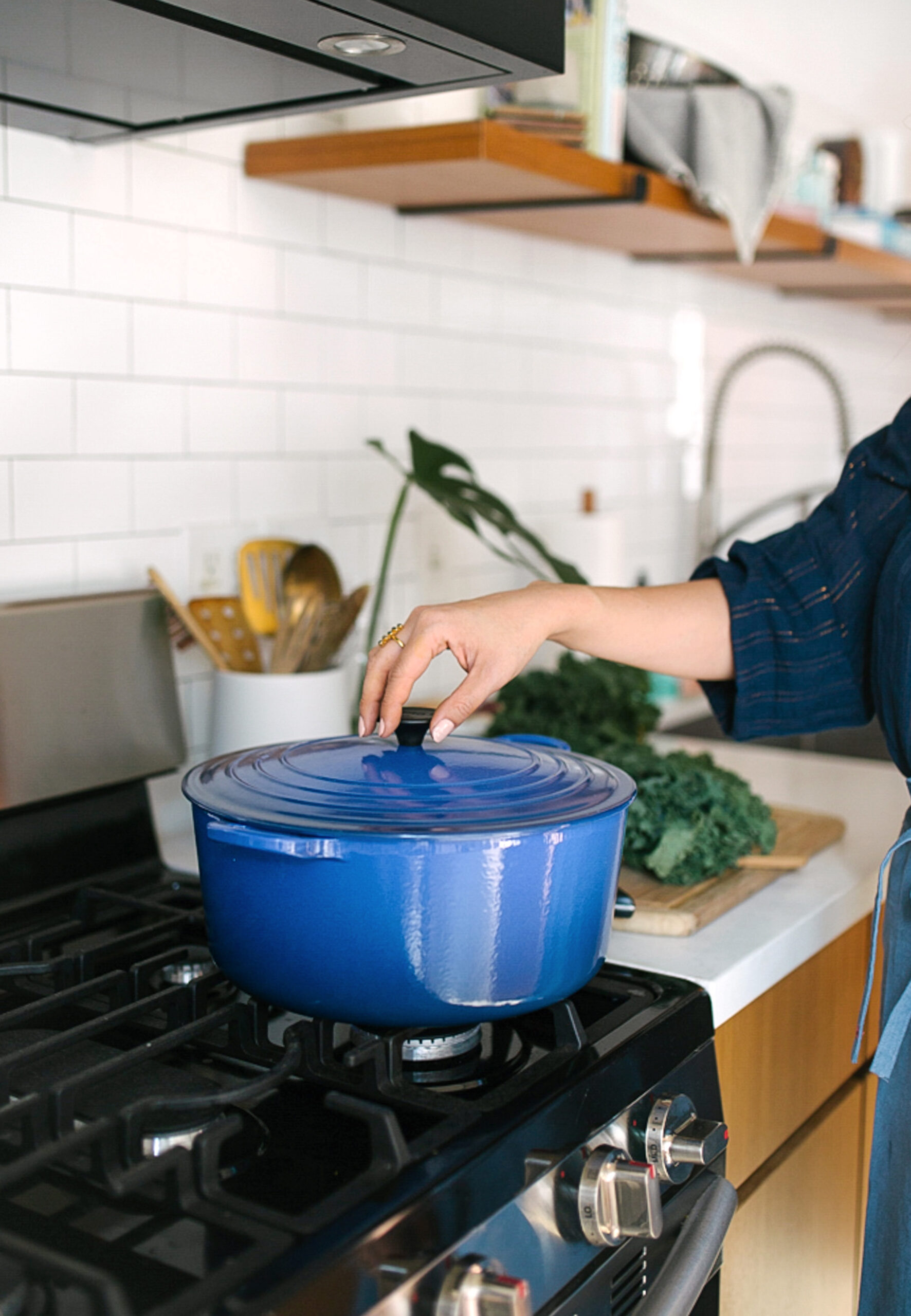







show comments